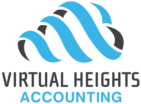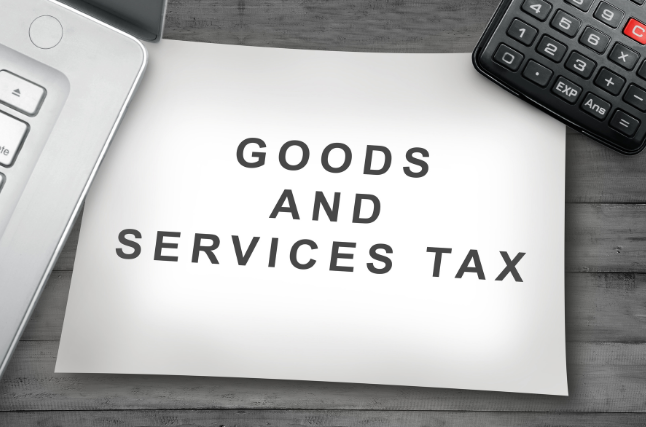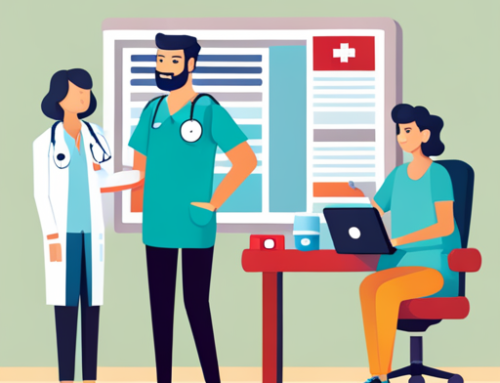When you’re first setting up your business, one of the things you might ask is if you need to charge GST. Chances are you don’t have time to sift through the Canada Revenue Agency’s massive guide for GST registrants to find the answer. You’re in luck, because this month on the blog, we’re answering some of the most common GST questions we get.
When it comes to determining if you need to charge GST, you need to decide if you’re providing a taxable supply. Supply is the language used in the Income Tax Act to refer to what you’re selling. This includes services as well as products.
There are three categories of supplies when it comes to the GST legislation: taxable, zero-rated, and exempt. Read on to learn what these terms mean as well as the rules you need to be aware of in each category.
Taxable Supplies
Taxable supplies include most products or services. Examples from the CRA site include:
- Sales of new housing,
- Sales and rentals of commercial property,
- Sales and leases of automobiles,
- Car repairs,
- Soft drinks, candies, and potato chips,
- Clothing and footwear,
- Advertising (unless provided to a non-resident of Canada who is not registered for the GST),
- Taxi or commercial ride-sharing services,
- Accounting and legal services,
- Franchises,
- Hotel accommodation, and
- Barber and hairstylist services.
When you provide taxable supplies, you are eligible to claim the GST you pay as part of your business expenses as an input tax credit (ITC). This means these ITCs will reduce the amount of GST you must pay to the CRA.
Zero-Rated Supplies
Zero-rated supplies are taxed at a rate of 0%. This means that while you do not charge GST on your sales, you are still eligible to claim ITCs on any expenses you incur as part of your business. Zero-rated supplies are most common in the grocery, medical, and farming industries.
Here is a list of what CRA considers zero-rated supplies:
- Basic groceries,
- Agricultural products,
- Most farm livestock,
- Most fishery products available for human consumption,
- Prescription drugs and drug dispensing services,
- Certain medical devices like hearing aids and dentures,
- Feminine hygiene products,
- Exports (including goods and services provided to customers outside Canada),
- Many transportation services where the origin or destination is outside Canada.
GST Exempt Supplies
GST exempt supplies are also not subject to GST. Unlike with zero-rated supplies, though, you are not eligible to claim GST ITCs if you are selling GST exempt supplies. Examples of GST exempt supplies include:
- Housing that was last used as a place of residence,
- Long-term (one month or more) rentals of residential accommodation,
- Residential condo fees,
- Most health, medical, and dental services performed by licensed physicians or dentists for medical reasons,
- Child care services,
- Most domestic ferry services,
- Legal aid services,
- Many educational services such as courses leading to a certification,
- Tutoring services as long as the course follows a school-authorized curriculum,
- Music lessons,
- Most financial services such as lending money or operating deposit accounts,
- Insurance services,
- Most charitable services,
- Most government services such as municipal transit and water distribution.
If your product or services falls under this category, there is no need to register to collect GST.
Should I Charge GST?
One easy way to know if you should charge GST on your sales is if you don’t fall into the zero-rated or exempt categories, then yes, charge GST. This is the first place to start. Once you know if your sales are going to be taxable or not, you have another decision to make.
You are only required to register to charge GST once you go over the $30,000 annual gross sales threshold. This means that if your sales are under $30,000 annually, registering is up to you. If you fall into the zero-rated supplies category though, you will be missing out on a potential GST refund by claiming any GST ITCs associated with your business expenses.
Even if your services or products are considered a taxable supply, there may be reasons you will want to register to collect the GST before you reach that annual threshold. Starting a business can incur a lot of costs without a lot of sales up front. If you’re in an industry where that’s possible, again, you may be missing out on a refund of GST ITCs.
One caveat is as soon as you’ve registered to collect the GST, there’s no going back. Once you’re registered, you must charge GST and you must include your GST number on all your invoices.
There is a lot of information to wade through when it comes to the GST. The good news is, you can skip the heavy reading and call us instead. We can help you determine if registering to collect the GST is the right move for your business.





